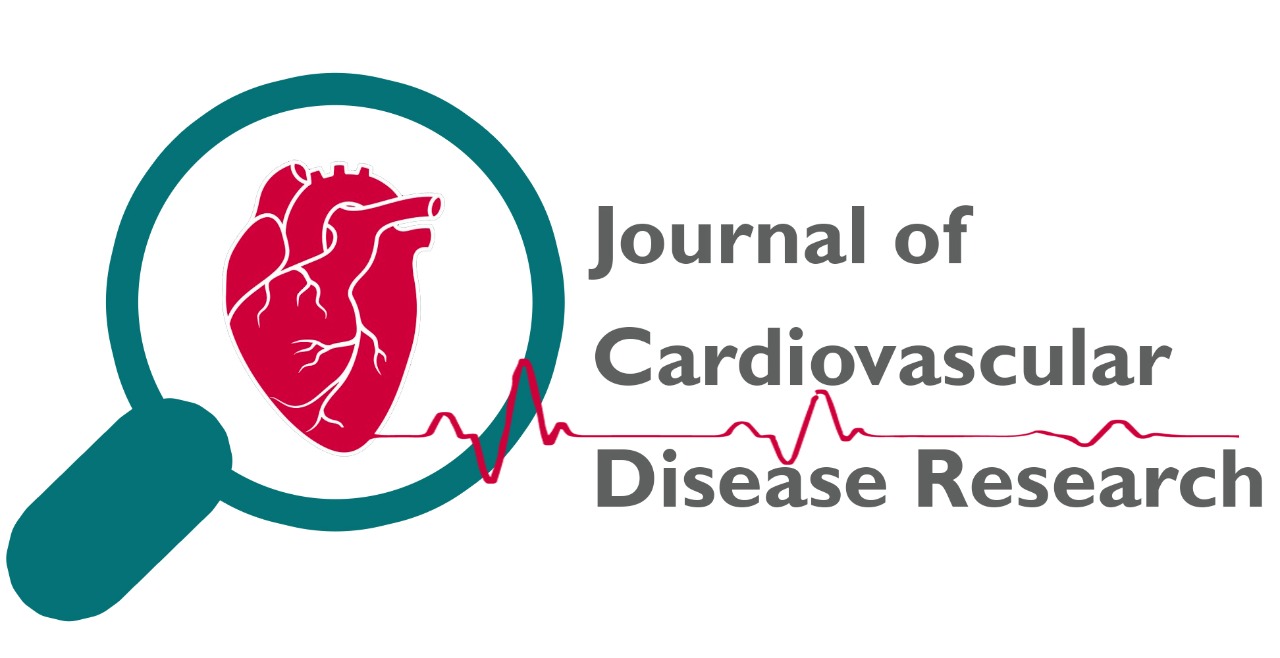
A STUDY OF QTc PROLONGATION IN EPISODES OF HYPOGLYCEMIA IN CHRONIC DIABETICS
Thota Srikanth, K. Venkatesh, S. Sandhya Rani, P Madhavi
JCDR. 2023: 886-892
Abstract
The time it takes for the ventricular myocardium to repolarize after depolarizing is represented by QT on the surface ECG. Due to its potential arrhythmogenicity, QT interval prolongation is a risk factor for abrupt cardiovascular events and is a serious ECG anomaly that can be inherited or acquired. Both type 1 and type 2 diabetes mellitus have been studied to determine the prevalence of QT prolongation (DM). Methods: Based on the inclusion and exclusion criteria a total of n=50 cases consecutive cases of hypoglycemia in diabetics were selected and included in the study. The baseline characteristics of the patient's age, sex, and diabetes (both type 1 and type 2) patients with symptoms of hypoglycemia with low glucose levels, duration of diabetes, and Q-T interval were recorded in proforma prepared according to the need of study. Corrected Q-T interval was calculated by using Bazett’s formula [ QTcB = QT/RR1/2 ] Prolongation of corrected Q-T interval during the episodes of hypoglycemia (Normal QTc M=440ms, F=460ms). Results: Q-T interval prolongation is depending on the severity of hypoglycemia. In our study 445.33 msec was a mean Q-T interval in Category I cases similarly, in category II cases the mean values were 468.92 msec and in category III the mean values were 503.64 msec and in category IV the mean values were 515.22 msec. The mean values of QTc prolongation with the severity of diabetes mellitus with ANOVA analysis found the p values <0.05 and hence considered significant. Conclusion: The current study within its limitations found that severe hypoglycemia is more likely to cause QTc prolongation. In cases of severe hypoglycemia, repolarization irregularity is the most typical source of the arrhythmia. In cases of severe hypoglycemia, repolarization irregularity is the most typical source of the arrhythmia. An arrhythmia caused by a QTc interval of greater than 500 milliseconds might result in abrupt cardiac death.
Description
Volume & Issue
Volume 14 Issue 3
Keywords
|
This is an open access journal which means that all content is freely available without charge to the user or his/her institution. Users are allowed to read, download, copy, distribute, print, search, or link to the full texts of the articles in this journal without asking prior permission from the publisher or the author. This is in accordance with the Budapest Open Access Initiative (BOAI) definition of open access.
The articles in Journal of Cardiovascular Disease Research are open access articles licensed under the terms of the Creative Commons Attribution Non-Commercial License (http://creativecommons.org/licenses/by-nc-sa/3.0/) which permits unrestricted, non-commercial use, distribution and reproduction in any medium, provided the work is properly cited. |
|
|
|
|
|
Copyright � 2022 Journal of Cardiovascular Disease Research All Rights Reserved. Subject to change without notice from or liability to Journal of Cardiovascular Disease Research.
For best results, please use Internet Explorer or Google Chrome POLICIES & JOURNAL LINKS
Author Login
Reviewer Login About Publisher Advertising Policy Author's Rights and Obligations Conflict of Interest Policy Copyright Information Digital Archiving & Preservation Policies Editorial Policies Peer Review Policy Editorial & Peer Review Process License Information Plagiarism Policy Privacy Policy Protection of Research Participants (Statement On Human And Animal Rights) Publication Ethics and Publication Malpractice Statement Corrections, Retractions & Expressions of Concern Self-Archiving Policies Statement of Informed Consent Terms of Use |
Contact InformationJournal of cardiovascular Disease Research,
|




